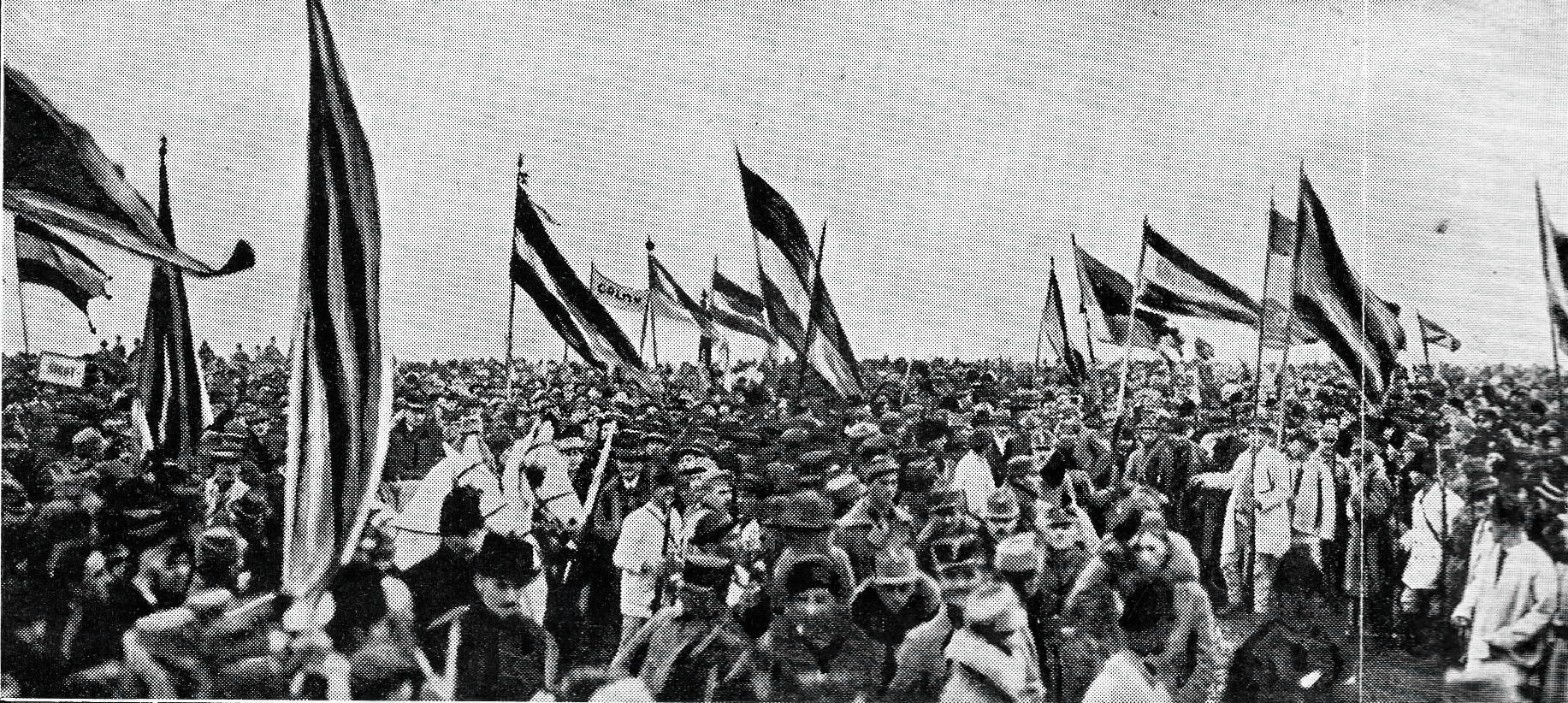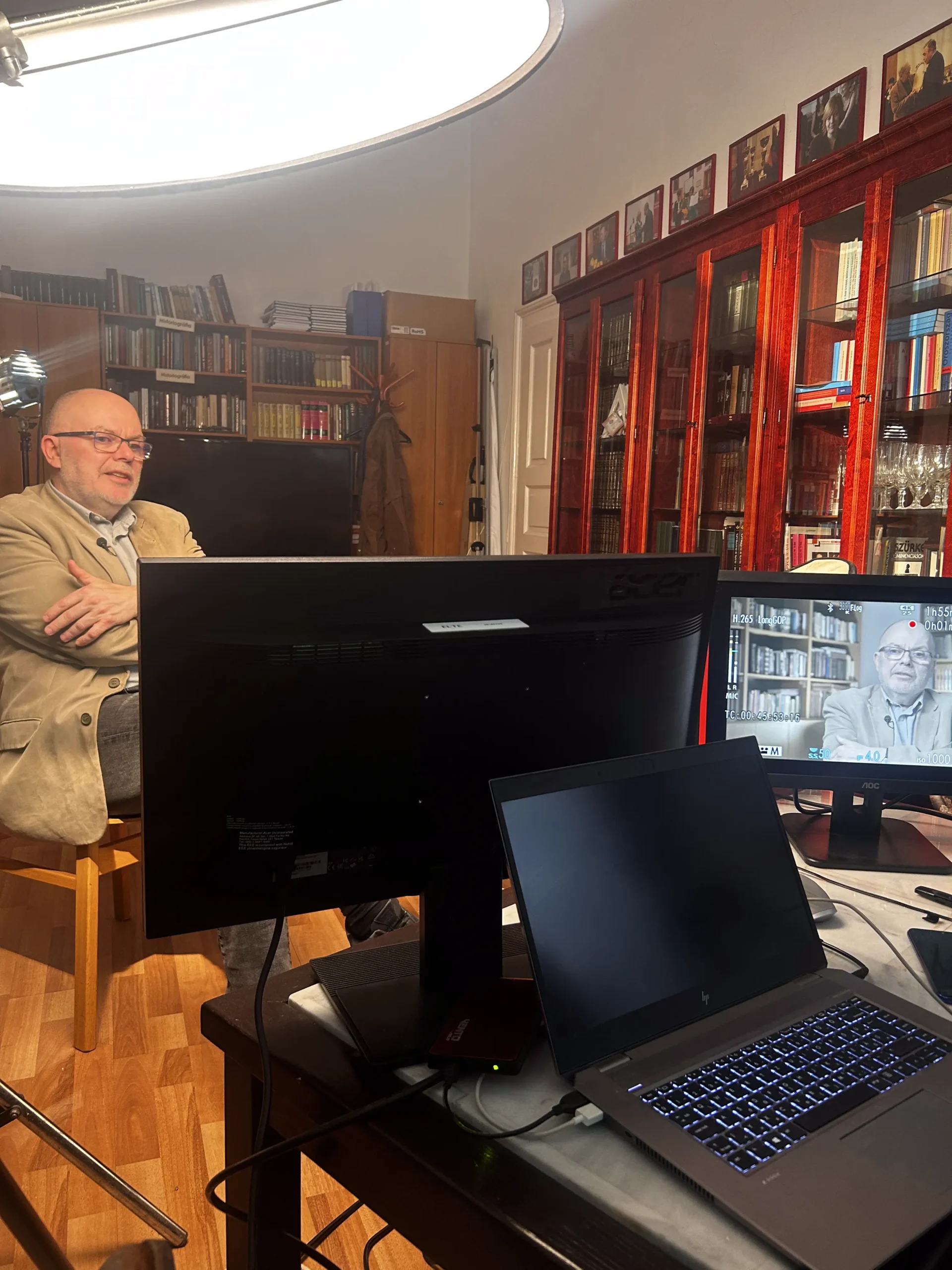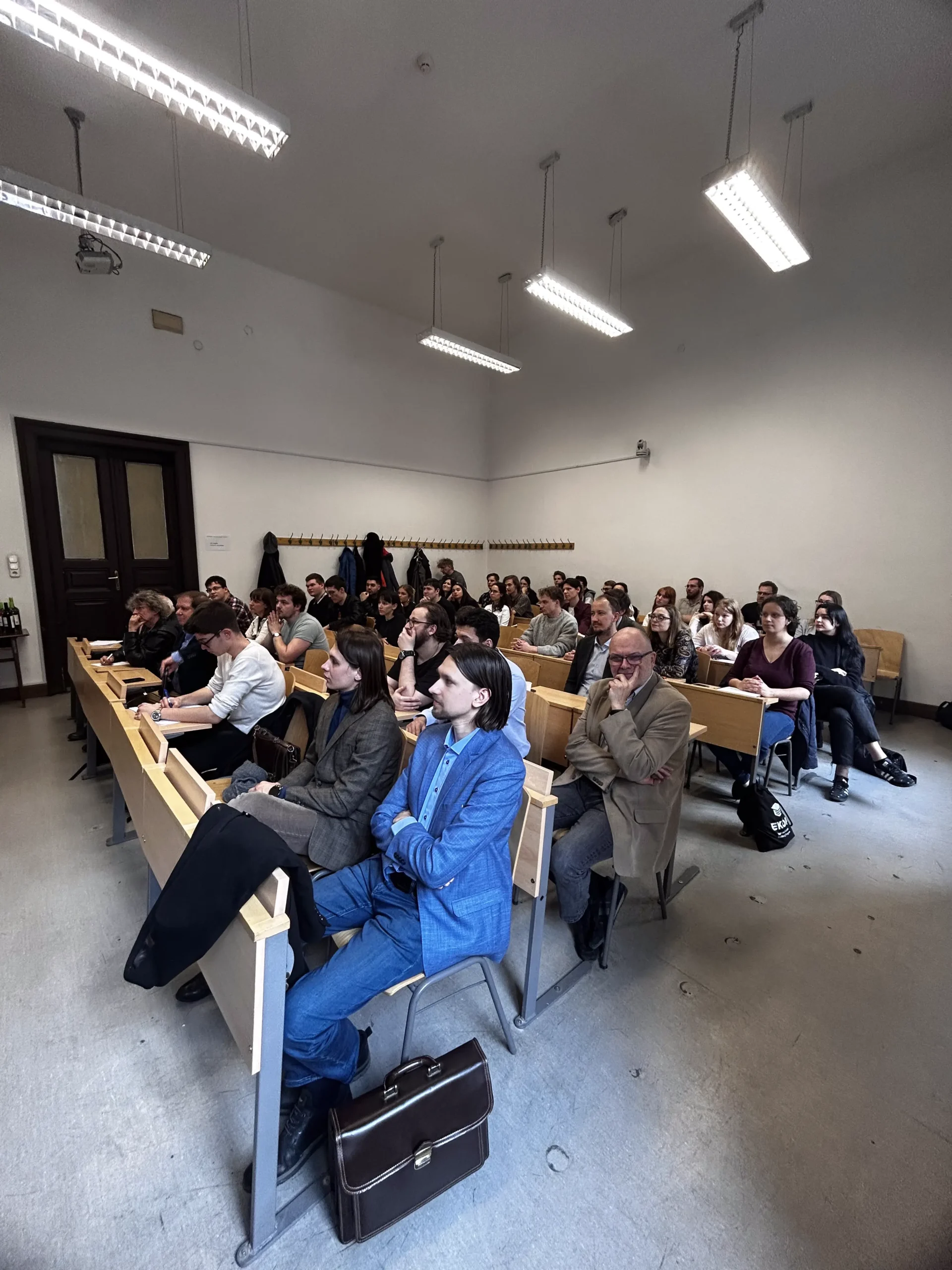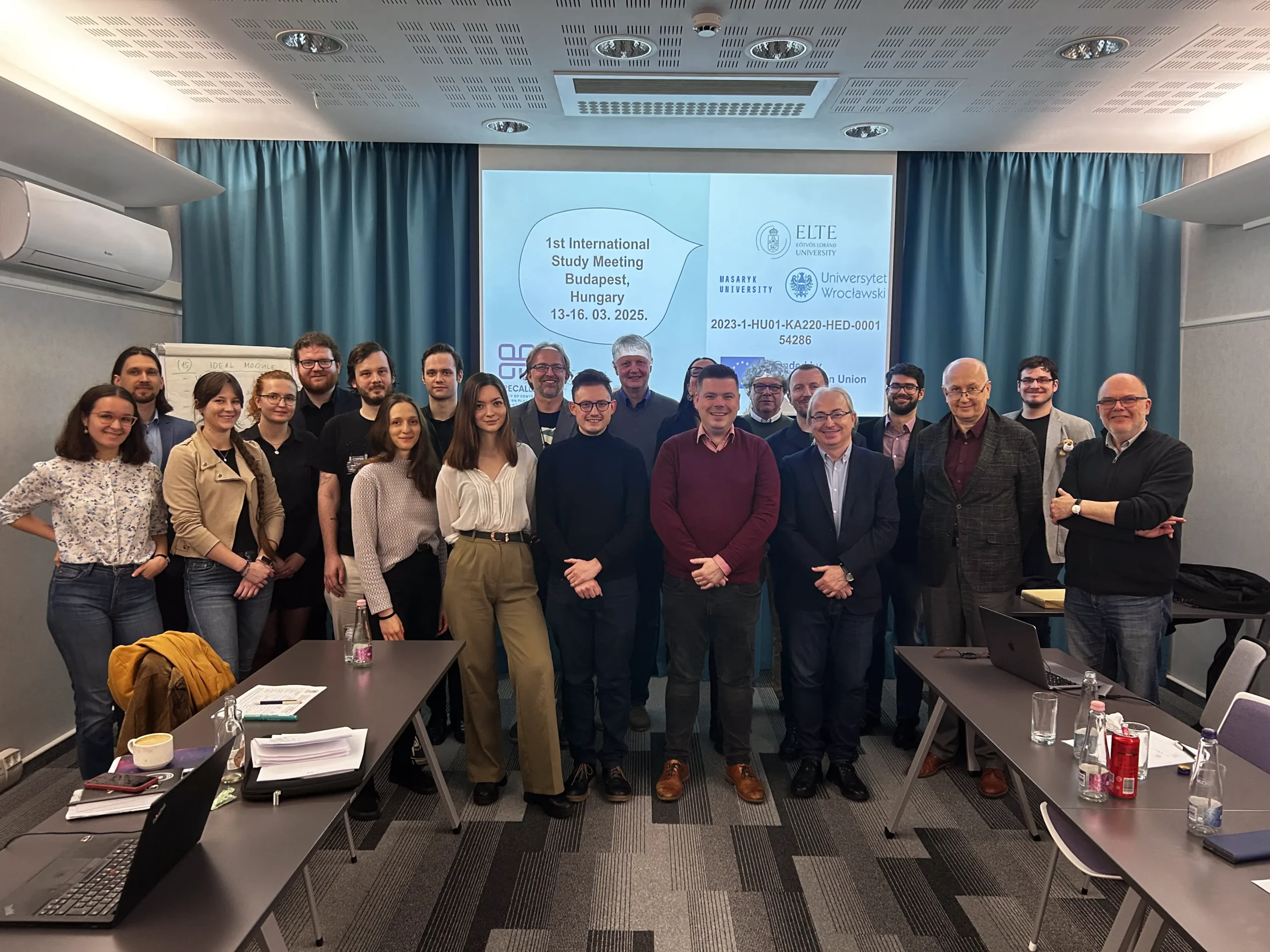Great National Assembly of Alba Iulia – Gyulafehérvár (Alba Iulia)
Fact of the Hungarian figure „No. No. Never.” – Treaty of Trianon”
Part of the „The myth of national disaster” topic
The Great National Assembly of Alba Iulia, held on December 1, 1918, in Gyulafehérvár (now Alba Iulia, Romania), was a pivotal event in the history of Central Europe, particularly in the context of the Treaty of Trianon. This assembly marked the formal decision of the Romanian delegates to unite Transylvania with the Kingdom of Romania, a move that was later recognized and solidified by the Treaty of Trianon in 1920. The assembly is celebrated in Romania as a key moment in the formation of the modern Romanian state, but for Hungary, it symbolizes a profound loss and the fragmentation of the historic Kingdom of Hungary.
The decision at Alba Iulia to unite with Romania was driven by the nationalist aspirations of the Romanian majority in Transylvania, who sought to join their ethnic brethren in a single state. This was part of a broader wave of national self-determination that swept across Central Europe following the collapse of the Austro-Hungarian Empire after World War I. The Treaty of Trianon, which formalized the new borders of Hungary, resulted in the loss of Transylvania, among other territories, and left millions of ethnic Hungarians outside the newly defined borders of Hungary.
For Hungary, the events of 1918 and the subsequent Treaty of Trianon were seen as a national tragedy, encapsulated by the phrase „No, No, Never,” reflecting the refusal to accept the loss of these territories. The assembly at Gyulafehérvár and the Treaty of Trianon thus became focal points of enduring bitterness and a sense of injustice in Hungarian national memory.
In the broader context of Central European relations, the Great National Assembly of Alba Iulia highlights the complexities of national identity and territorial claims in a region characterized by ethnic diversity and historical grievances. The decisions made in Gyulafehérvár continue to influence Hungarian-Romanian relations, serving as a reminder of the difficult and often painful process of nation-building in Central Europe, where the legacies of historical treaties and assemblies still resonate in contemporary politics and interethnic relations.





